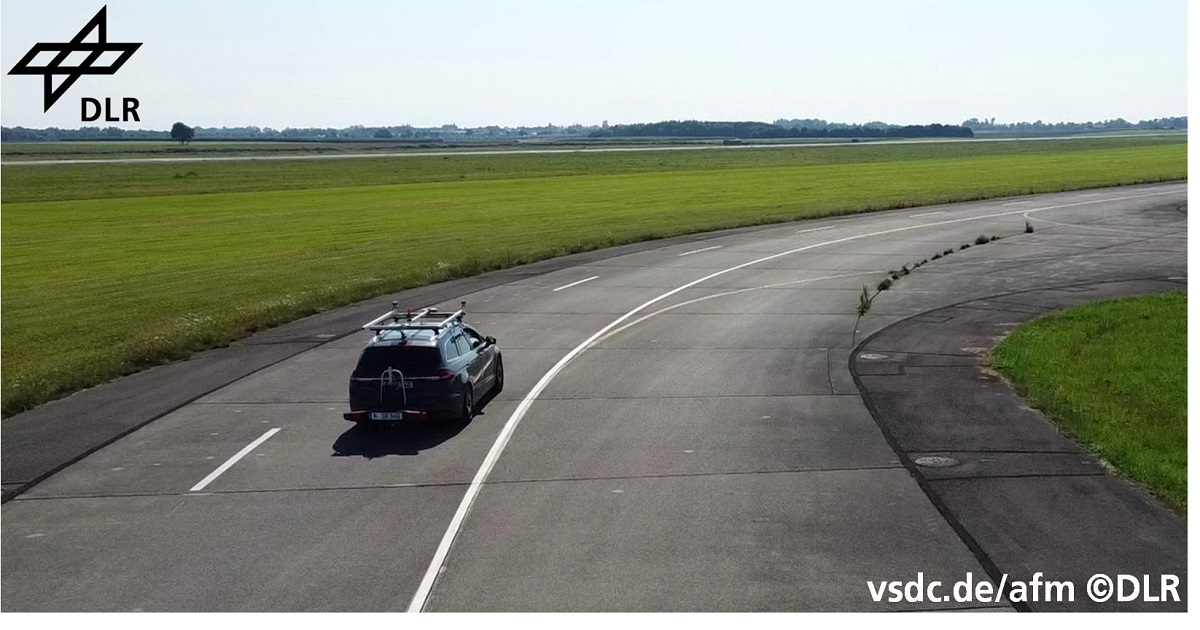- 2.5Impact Factor
- 5.5CiteScore
- 20 daysTime to First Decision
Technology Development of Autonomous Vehicles
This special issue belongs to the section “Robotics and Automation“.
Special Issue Information
Dear Colleagues,
As the possibilities of autonomous vehicles are broadening the potential development perspectives, the requirements for the necessary technologies to fulfill safe and reliable operations are significantly increasing. The development of AI-driven technologies has long been seen as a key aspect of coping with these requirements. At present, other research fields are emerging, such as robotics inspired by-wire systems for holistic system integration or the safeguard of the developed functionalities. The mechatronic systems and advanced control methods developed for autonomous vehicle control applications have also brought great benefits in terms of ride quality as well as increasingly safe and comfortable autonomous vehicles. For such objectives, several autonomous vehicle subsystems need to be tackled, including braking, steering, suspension, powertrain, on-board network system, data acquisition, sensor fusion, cloud-connectivity etc. Aiming at spreading the latest research in this field, we are pleased to announce a Special Issue on "Technology Development of Autonomous Vehicles". This Special Issue will synergize original and high-quality articles through an international standard peer-review process with the following main topics (not an exhaustive list):
- Development of autonomous (test) vehicles.
- Data acquisition of autonomous vehicles with cloud connectivity.
- Vehicle system dynamics for autonomous vehicles.
- Simulation and assessment of autonomous vehicles' performance.
- Planning, execution and validation of experiments.
- System architecture design, including mechatronic system, controller network etc.
- Safeguard processes in experiments with autonomous functionalities.
- Experiment design for validation, especially for AI-based control functions.
- System design of multi-sensor data fusion (including but not limited to cameras, lidar etc.).
- Standardization.
- Virtual function development and testing in xIL experimental setups for autonomous vehicles.
We look forward to your valuable contributions.
Dr. Jonathan Brembeck
Dr. Ricardo De Castro
Prof. Dr. Basilio Lenzo
Guest Editors
Manuscript Submission Information
Manuscripts should be submitted online at www.mdpi.com by registering and logging in to this website. Once you are registered, click here to go to the submission form. Manuscripts can be submitted until the deadline. All submissions that pass pre-check are peer-reviewed. Accepted papers will be published continuously in the journal (as soon as accepted) and will be listed together on the special issue website. Research articles, review articles as well as short communications are invited. For planned papers, a title and short abstract (about 250 words) can be sent to the Editorial Office for assessment.
Submitted manuscripts should not have been published previously, nor be under consideration for publication elsewhere (except conference proceedings papers). All manuscripts are thoroughly refereed through a single-blind peer-review process. A guide for authors and other relevant information for submission of manuscripts is available on the Instructions for Authors page. Applied Sciences is an international peer-reviewed open access semimonthly journal published by MDPI.
Please visit the Instructions for Authors page before submitting a manuscript. The Article Processing Charge (APC) for publication in this open access journal is 2400 CHF (Swiss Francs). Submitted papers should be well formatted and use good English. Authors may use MDPI's English editing service prior to publication or during author revisions.
Keywords
- autonomous test vehicles
- trajectory control
- vehicle dynamics for autonomous cars
- autonomous vehicle dynamics control
- path planning
- experimental assessment
- standardization
- maneuvers
- xIL testing

Benefits of Publishing in a Special Issue
- Ease of navigation: Grouping papers by topic helps scholars navigate broad scope journals more efficiently.
- Greater discoverability: Special Issues support the reach and impact of scientific research. Articles in Special Issues are more discoverable and cited more frequently.
- Expansion of research network: Special Issues facilitate connections among authors, fostering scientific collaborations.
- External promotion: Articles in Special Issues are often promoted through the journal's social media, increasing their visibility.
- e-Book format: Special Issues with more than 10 articles can be published as dedicated e-books, ensuring wide and rapid dissemination.

